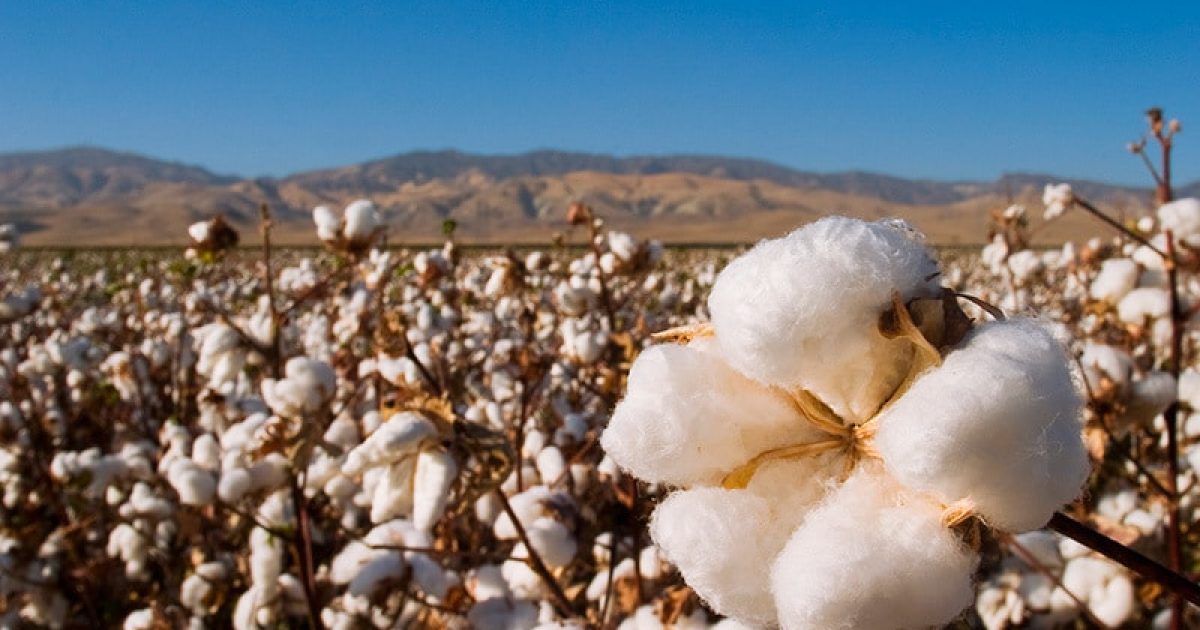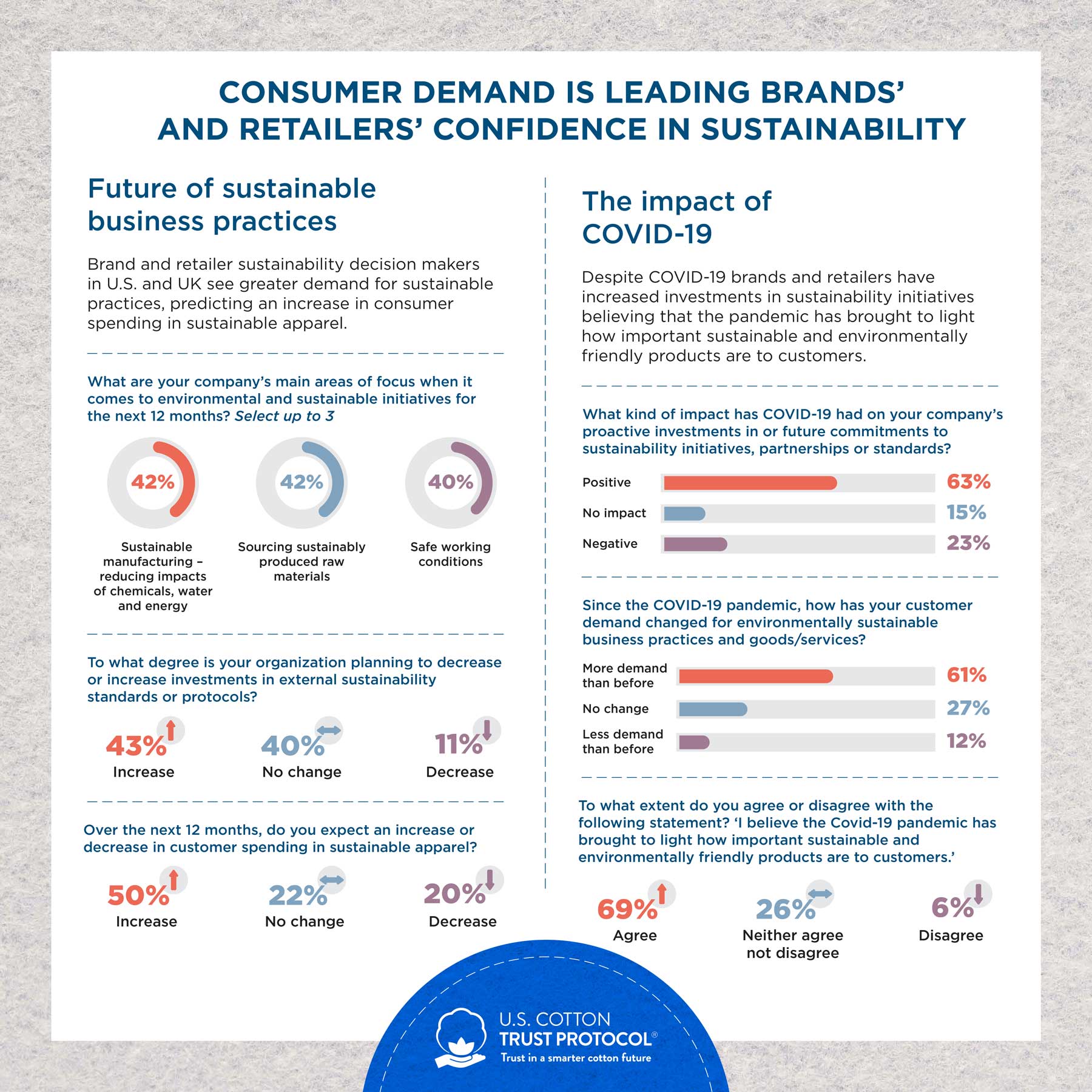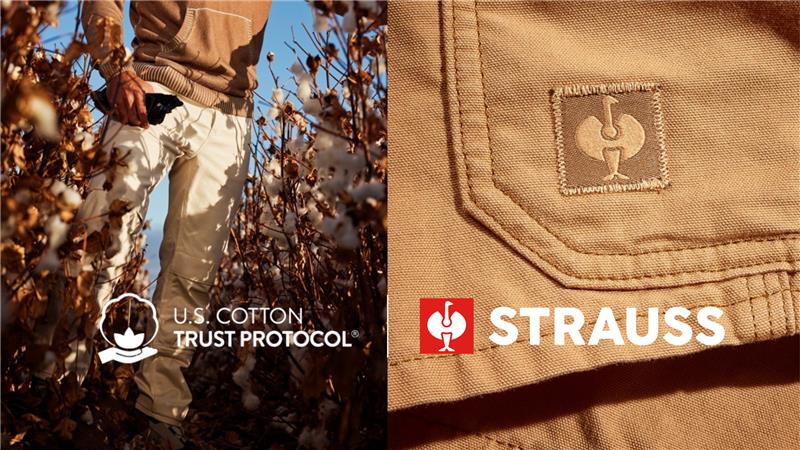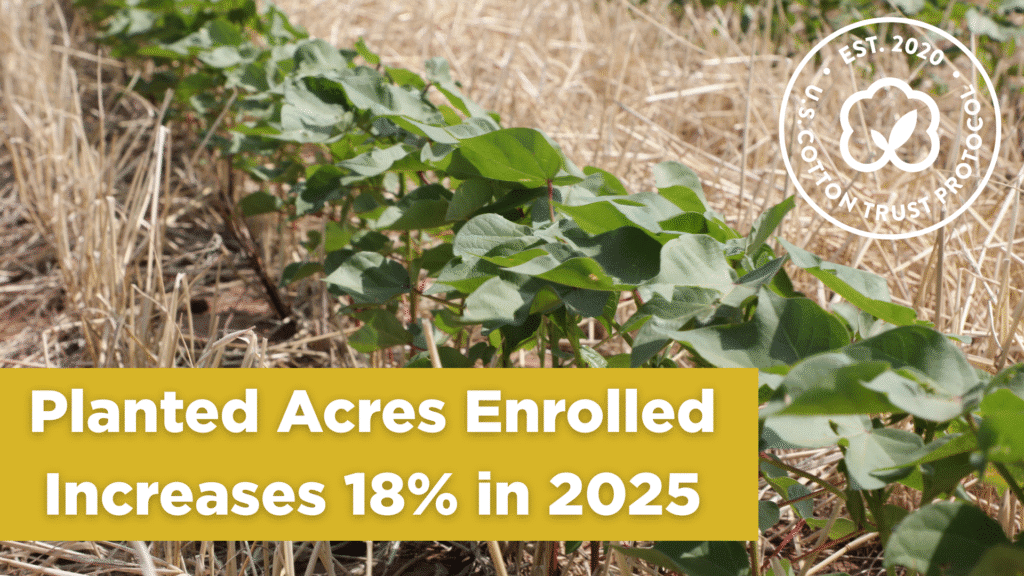As the one year of many countries going into lockdown approaches, new research from the U.S. Cotton Trust Protocol reveals that 69% of brands and retailers believe that the pandemic has emphasized the importance of environmentally friendly products to customers – with two thirds (61%) also noting that there has been an increased demand for sustainable products.
This comes as brands and retailers look to the future with a sense of optimism for increased consumer spending and investment in environmentally friendly practices – with 28% of brands and retailers committed to setting new industry standards for sustainability.
The research also found that 63% of brands and retailers stated that the pandemic has had a positive impact on their company’s proactive investment in sustainability with the following main areas of focus:
· Sourcing sustainably produced raw materials (42%)
· Manufacturing sustainability and reducing impacts of chemicals, water and energy (42%)
· Safe working environments (40%)
Dr. Gary Adams, president of the U.S. Cotton Trust Protocol said: “We’re encouraged to learn that so many brands and retailers are looking to set new standards for the industry, instead of simply following what currently exists. As we work towards recovery in many sectors, systems like the Trust Protocol are available to provide the data needed to verify that sustainability targets are being met.”
As the vaccine rollout picks up pace across the world, consumers are beginning to think about the ‘new normal’, with half (50%) of brands and retailers expecting to see an increase in customer spending on sustainable apparel over the next 12 months. They attribute the most common drivers for this increased spending to a need for people to get back to normal (62%) and that some consumers will have saved money during the pandemic (67%).
As brands and retailers work towards providing more sustainable options to meet growing consumer demand, there is a greater need for data as it provides the needed proof points and transparency.
With two thirds (65%) of brands and retailers agreeing that data is important to their future sustainability goals, the Trust Protocol will provide brands and retailers the critical assurances they need to show the cotton fiber element of their supply chain is more sustainably grown with lower environmental and social risk.
Adams concludes: “It is undeniable that the pandemic has caused unforeseen challenges for brands, retailers and consumers alike – but this research reaffirms the commitment to a continued focus on sustainability.”






